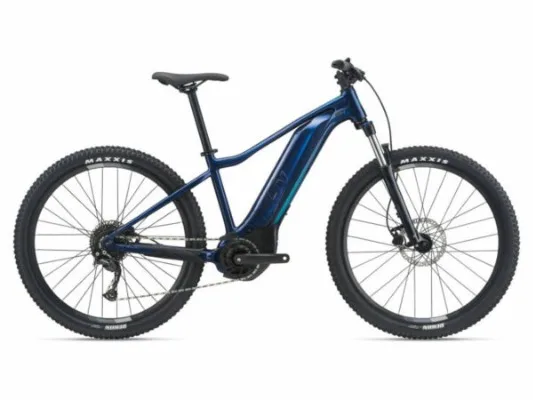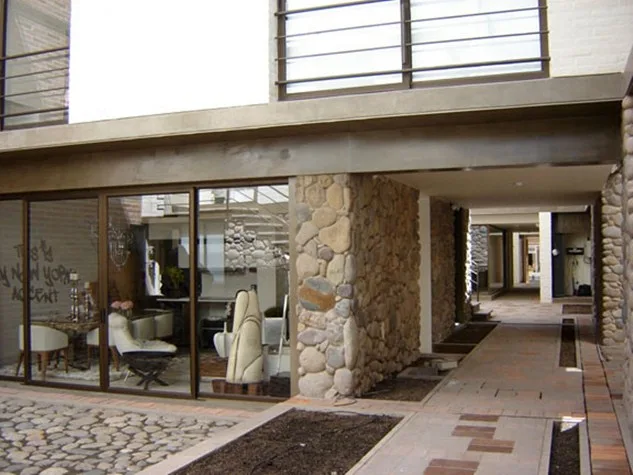CUENCA DIGESTCuenca’s police bolstered by 600, inlcuding Army troops
Concerned with an increase in crime, provincial and city governments have increased the number of local law enforcement personnel in Cuenca by more than 600. The number includes 400 Army troops, trained in law enforcement, who are focusing on eliminating illegal firearms and checking vehicle registrations.
According to Azuay police commander Diego Yanez, the additional manpower is a necessary preventive measure. “We are not experiencing the crime epidemics plaguing Guayaquil, Manta and Esmeraldas and we want to keep it that way.” According to National Police statistics, crime in Cuenca rose by 3.5% in 2009.
Although rates for some categories of violent crime, including murder, dropped last year in Cuenca, property and petty crime increased. “We have seen more muggings and street robberies than we have had in the past,” Yanez says. “We want to increase the law enforcement presence in the community and especially in neighborhoods that have experienced higher levels of street crime.”
Yanez says that the number of patrols has been increased throughout the city and that public works measures, such as improving night-time lighting in high crime areas, have been instituted.
RESTRICTIONS EASED ON SALE OF SOME COLD AND FLU REMEDIES
Ecuador’s Ministry of Health has relaxed restrictions on the sale of some cold and flu medicines put in place during last year’s H1N1 influenza pandemic. The ministry was concerned, in particular, with over-the-counter sale of antibiotics. Under new rules most antibiotics will continue to be sold on a prescription basis only but with more flexibility on a physician's option to prescribe.
The Ministry’s ban on medicines containing ephedrine and pseudo ephedrine will remain in effect as it studies test results. Sold under such names as Comtrex, Lemonflu, Dristan Cheracol and CinuTab, the products are widely available in North America but have recently been banned in many European countries. Ecuador’s National Council on Narcotic Drugs and Psychotropic Substances contends that ephedrine and pseudo ephedrine are central nervous system stimulants that can cause a number of health problems.
Pharmacies around Ecuador have lobbied to have the ephedrine products returned to the shelves, citing revenue losses. According to Juan Carlos Rojas, manager of Sana Sana on Calle Larga in Cuenca, the ban has resulted in a 30% decrease in monthly sales.
CHAMBER OF COMMERCE CALLS FOR BETTER SERVICES FOR TOURISTS
Vice President of the Cuenca Chamber of Commerce Xavier Patiño says Cuenca needs to improve the way it treats its tourists.
“We had more than 100,000 visitors last year and number is growing as Cuenca grows in popularity,” Patiño says. “This provides us with a great opportunity economically and culturally and we need to do a better job of taking advantage of this.”
Although there has been improvement in service in recent years, Patiño says, much more needs to be done. “One urgent need is to increase the number of hoteliers, waiters, shopkeepers and taxi drivers who speak English. We are seeing a large increase in the number of English-speakers coming to Cuenca and it is essential that more of the people in the tourist business speak their language."
Another urgent need, according to Patiño, is for businesses and museums to lengthen their hours of service. The problem is the greatest, he says, in the historic district where, on weekends, many establishments reduce their hours. “This is prime time for tourists,” says Patiño.
















